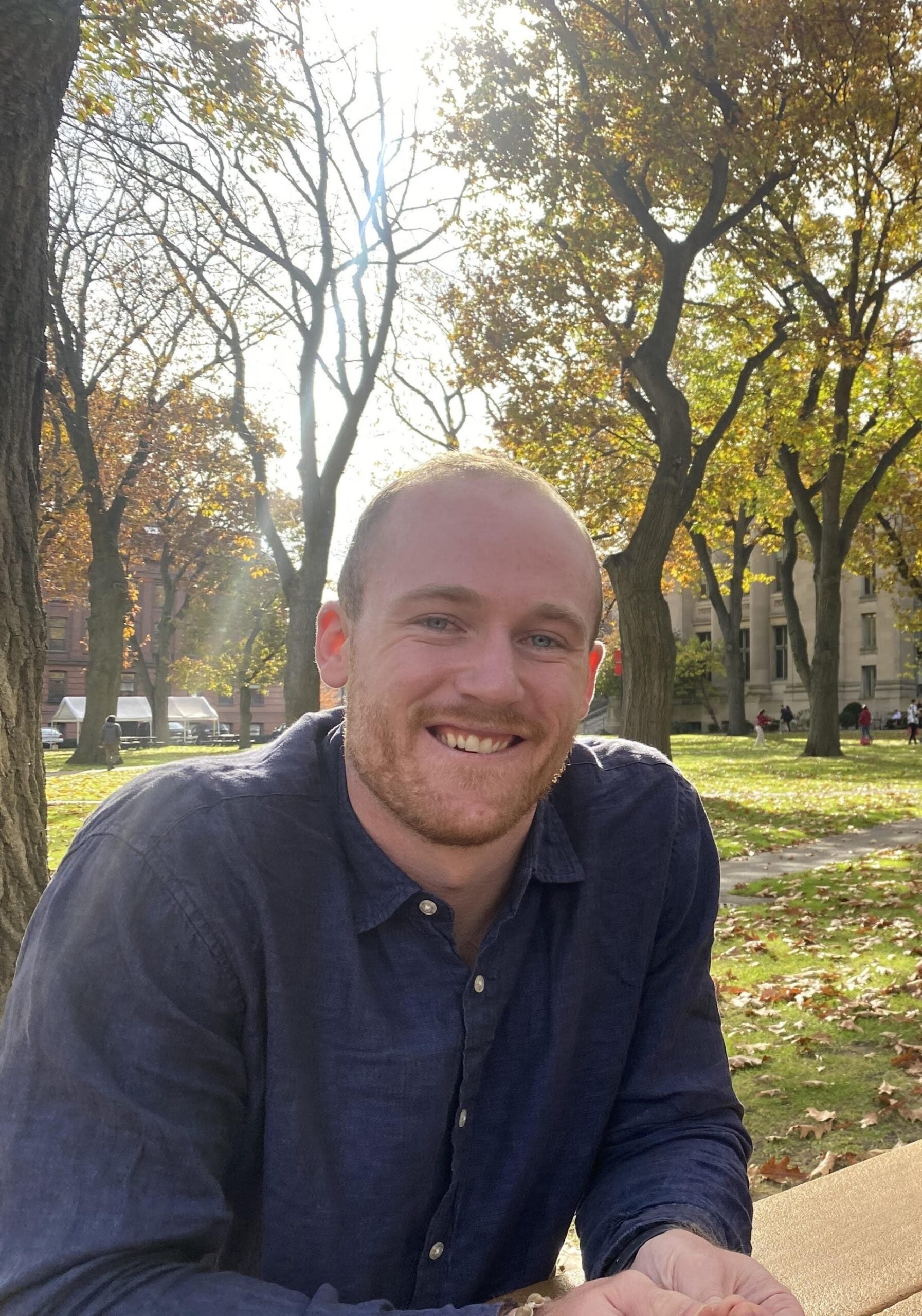By Bennett Stehr ’24

Every 1L approaches their first class with some degree of anxiety. But at a certain point, everyone realizes that the classes are just lectures, the professors are just teachers, the cold calls are just questions. My first day with the Harvard Immigration Project, the enthusiasm, passion, and energy in the voice of HIP clinical instructor Cindy Zapata broke through the academic monotony.
In HIP, I found the incredibly opportunity to begin putting my legal education to work well before graduation, using the Harvard University platform to elevate the voices of immigrants who too often go unheard. Immigrants are frequently forced to exist outside both the legal and political system, lacking representation in the former and a vote in the latter. HIP provides its students with several opportunities to alleviate that injustice. As HIP students, we attend immigration court to ensure that immigration judges respect what rights immigrants do have. We do intake interviews with immigrants, discussing their stories, determining what relief they might merit, and connecting them with local organization that can provide representation. We help the International Refugee Assistance Project sift through government documents produced by Freedom of Information Act request to scrutinize whether the Department of Homeland Security and the State Department implement procedures that adequately vindicate the rights of refugees and asylees.
I spent most of my tenure with HIP on its policy team. My 2L year our team identified a relatively new reform that California had implemented in its criminal legal system to limit the immigration consequences of non-violent criminal convictions. The law sought to remove procedural limitations that often impede vindication of the right of immigrant defendants to receive adequate advice of counsel on the immigration consequences of their criminal charges. Our team analyzed the structure of the California law, the first few years of its impact, and how the situation in Massachusetts compared. We then shared our work with Massachusetts state public defenders who specialized in immigration law to determine the best path forward to ensure that state law properly facilitated enforcement of immigrant defendants’ constitutional rights.
This year, our policy team expanded our work to begin crafting a centralized resource for immigration advocates on asylum law in the First Circuit. We identified helpful case law for different types of asylum claims and compiled them in a format accessible to often overworked and under-resourced asylum law practitioners. At the same time, our team assisted the Harvard Immigration & Refugee Clinic in researching and advocating for publicly funded representation for asylum seekers in New England.
All three projects for the policy team shared an aspiration to empower immigrants facing an immensely complex and imposing bureaucratic system. And I will forever be grateful for how HIP helped me and the broader policy team appreciate that however stacked the odds were, our Harvard education gave us the resources necessary to not just help individuals beat those odds, but to also strive for structural change that might provide a more fair and equitable immigration system.
Filed in: Clinical Student Voices
Contact Office of Clinical and Pro Bono Programs
Website:
hls.harvard.edu/clinics
Email:
clinical@law.harvard.edu